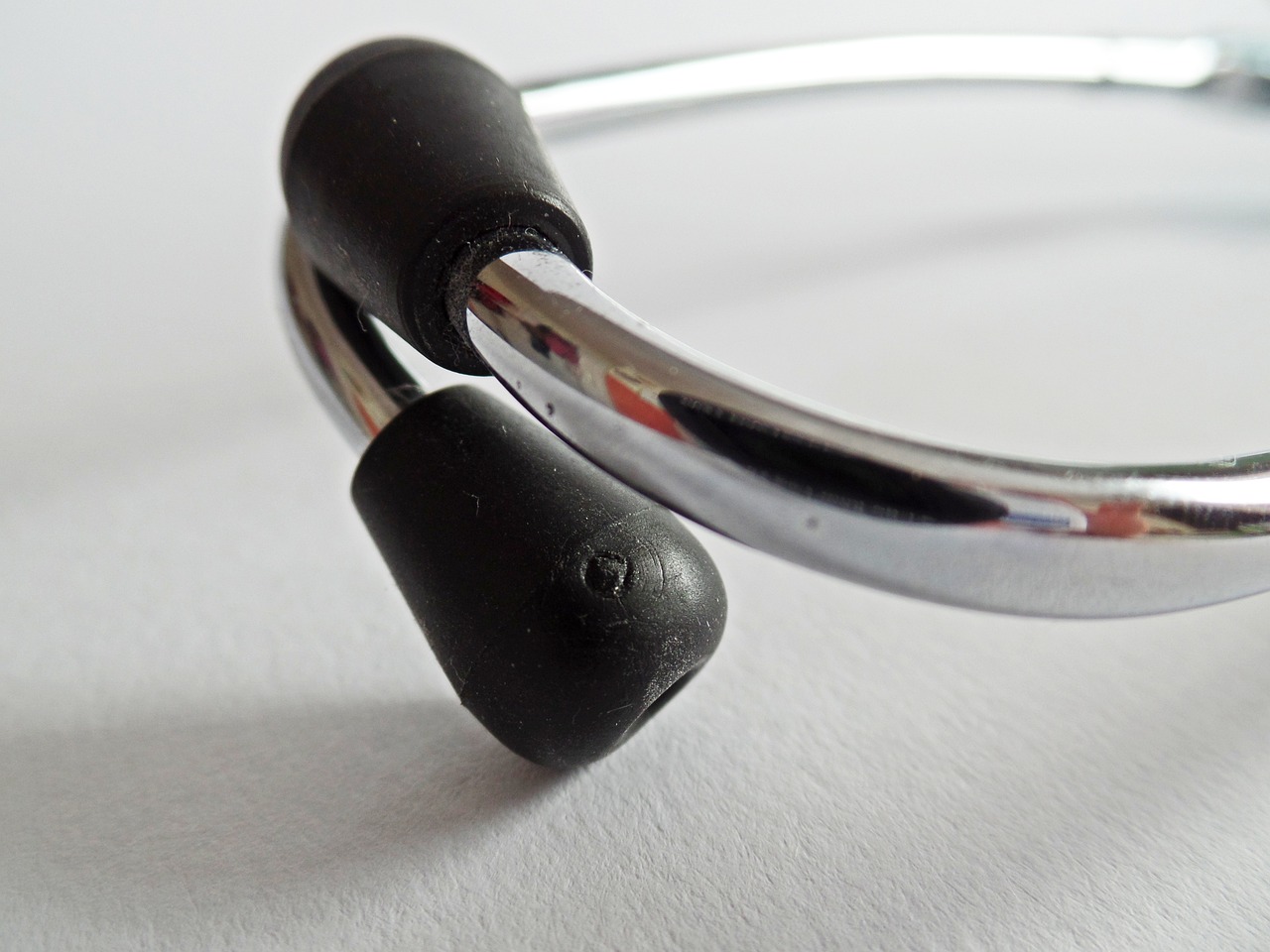Understanding the Latest Audiology Research
11xplay pro login, tigerexch247 live, betbook.com:Audiology research is constantly evolving, with new studies and findings being published regularly. Staying up-to-date with the latest research in the field is crucial for audiologists and other healthcare professionals working with individuals with hearing loss. In this blog post, we’ll delve into some of the most recent audiology research and discuss its implications for clinical practice.
Understanding Noise-Induced Hearing Loss
One area of focus in audiology research is noise-induced hearing loss (NIHL). Studies have shown that exposure to loud noises can damage the delicate hair cells in the inner ear, leading to permanent hearing loss. Recent research has provided insights into the mechanisms underlying NIHL and potential interventions to prevent or mitigate its effects.
Protecting Your Hearing in a Noisy World
With the increasing prevalence of personal listening devices and environmental noise pollution, it is more important than ever to protect our hearing. Recent research has highlighted the importance of using hearing protection devices, taking breaks from noisy environments, and limiting exposure to loud sounds to prevent NIHL.
Advancements in Hearing Aid Technology
Another exciting area of audiology research is the development of new hearing aid technologies. Recent studies have focused on improving the performance and usability of hearing aids, including features such as noise reduction, feedback suppression, and connectivity to smartphones and other devices. These advancements have the potential to enhance the quality of life for individuals with hearing loss.
The Role of Teleaudiology in Remote Care
Teleaudiology, or the provision of audiological services remotely through telecommunication technologies, has gained prominence in recent years. Research has shown that teleaudiology can be an effective way to deliver care to individuals with hearing loss, particularly in underserved or remote areas. By leveraging technology, audiologists can reach more patients and provide timely and convenient services.
The Impact of COVID-19 on Audiology Practice
The COVID-19 pandemic has brought about significant changes in the way audiology services are delivered. Research has explored the impact of the pandemic on audiology practice, including the shift to teleaudiology, changes in infection control protocols, and the implications for patient care. Understanding these changes is essential for audiologists to adapt to the evolving healthcare landscape.
Future Directions in Audiology Research
Looking ahead, audiology research is likely to continue to advance rapidly. Emerging areas of interest include genetic factors in hearing loss, novel treatment modalities for auditory disorders, and personalized interventions based on individual patient needs. By staying abreast of the latest research findings, audiologists can provide the best possible care for their patients.
FAQs:
Q: How can I stay updated on the latest audiology research?
A: One way to stay informed is to regularly check reputable audiology journals and websites for new publications and research updates. Attending conferences and workshops is another great way to stay current with the latest trends in the field.
Q: What are some common misconceptions about hearing loss?
A: One common misconception is that hearing loss only affects older adults. In reality, hearing loss can occur at any age due to various factors such as noise exposure, genetics, and medical conditions. Another misconception is that hearing aids are the only solution for hearing loss, whereas other treatments and interventions may be more appropriate depending on the individual’s needs.
Q: How can I protect my hearing in everyday situations?
A: To protect your hearing, it is important to avoid prolonged exposure to loud sounds, use ear protection in noisy environments, and get regular hearing screenings. Limiting the use of personal listening devices at high volumes and taking breaks from loud activities can also help prevent hearing loss.







